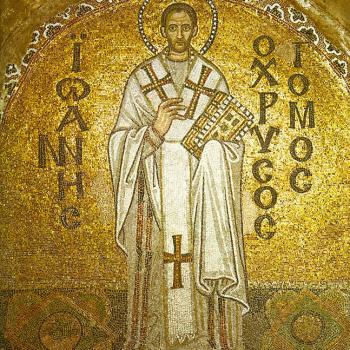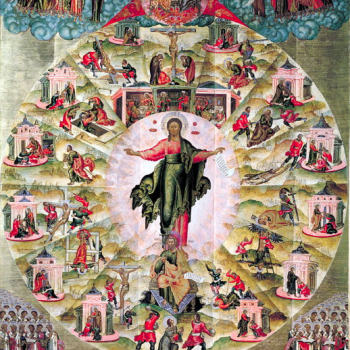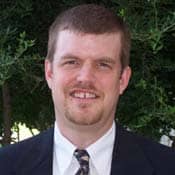Rob Bell's Love Wins precipitated one of the most intense theological debates in years, spilling out of churchly channels into the mainstream media. As I have noted at Patheos and USA Today, Bell's denial of hell is deeply misguided. He undermines the biblical teaching in favor of popular contemporary sensibilities about God.
Book-length responses to Bell are beginning to appear, and surely one of the best is Francis Chan and Preston Sprinkle's Erasing Hell: What God Said About Eternity, and The Things We've Made Up. The book is written in Chan's voice, although Chan readily admits that Sprinkle, a professor at Chan's Eternity Bible College, carries the theological argument.
Chan is the perfect match for Bell: both are extraordinarily engaging communicators, are in their early 40s, and are reaching a new generation of evangelicals. The difference is that instead of abandoning orthodoxy to reach this new generation, Chan remains solidly within the historic Christian tradition.
Chan acknowledges that he does not relish the doctrine of hell; indeed, he balks at the tangible human price of damnation. People he knew and loved have died without any observable faith in Christ. Believing in hell means that those people are now likely in torment, separated from God. The reality of God's wrath, to Chan, should "rescue our complacent hearts from the suffocating grip of passivity."
Erasing Hell directly addresses Bell, and is unfailingly fair to him. Indeed, the book's title is about the most hard-edged comment on Bell offered here, with its suggestion that his universalism is "made up." But Chan leaves no room for doubt. He convincingly demonstrates that the threat of hell is a consistent theme in the New Testament, from Jesus to Paul to Revelation.
Chan says that although we, like Job, may not understand everything that God does, we must realize that "God has the right to do WHATEVER He pleases." God is sovereign, and therefore if He chooses to punish those who do not accept Christ for salvation, then He must be right in doing so. Ultimately we will not be able to understand fully how a God who graciously gave up his Son to save sinners will also condemn sinners to hell, should they refuse to receive the gift of salvation.
Chan's teaching on hell is vastly superior to Bell's, but I would quibble with Chan about the extent to which God's wrath against sinners is inexplicable. "We serve a God whose ways are incomprehensible," Chan writes, so we must accept even what we don't like or understand. We certainly must accept what we do not fully understand, but I would not say that God's ways are "incomprehensible," even in the matter of eternal condemnation. Chan no more than hints at what hell reveals about the "enormity" of our sin, yet it is in that enormity that we can begin to understand the justice of God's judgment.
People typically think they are good enough to go to heaven, or at least more deserving than really bad people (Hitler, Osama bin Laden, etc.). But our estimation of our own goodness misleads us, and is itself an indication of deep-rooted sinfulness. The Bible teaches that our sin is so offensive that it would be surprising if any of us escaped from hell. Once we understand that our own sin is that bad, hell starts to make more sense. A God that simply let people off the hook would no longer be just or holy. But thank God, He has offered a way out, through the punishment Jesus took on our behalf at the cross.
So Chan might have done more to show that hell is understandable, even if its implications—souls whom we love, lost in eternal torment—naturally make us wince. But this is just a matter of explanation. On hell itself, Chan and Sprinkle are exactly right, and infinitely preferable to Bell. Orthodoxy may not be as newsworthy as Bell's newfangled universalism, but I pray that Chan's book will receive the attention it deserves as a biblical, accessible answer to Bell.
7/11/2011 4:00:00 AM





